- 74 Mount Street, Heidelberg, VIC, 3084
- Monday to Friday: 9am to 5pm
Hearing Aid Fittings
-
DWM Audiology > Our Services > Hearing Aid Services > Hearing Aid Fittings
Hearing Aid Fitting Appointment
During the hearing aid fitting appointment, you will be taught:
- how to operate your hearing aids
- how to insert and remove them from your ears
- how to change the batteries and filters
Your fitting package will include an instruction booklet and the accessories needed for maintenance. You will be provided with cleaning and maintenance information.
Ideally, invite a support person to attend this appointment with you, so they can help you remember details. If you can’t make it to our clinic for an appointment, we also offer audiology home visits where we can help you with hearing aid fittings and adjustments.
Adjustment to Your New Hearing Aids
Once you get your new hearing aids, expect an adjustment period to get used to the daily care and at-home maintenance of your hearing aids. Give yourself time to feel adept at handling, cleaning and maintaining them. Your support person can help confirm that you are inserting and handling your hearing aids correctly.
We will provide the ongoing guidance and support you need. Following the purchase of your hearing aids, you will be provided at no additional cost with as many appointments as needed for 12 months after hearing aid fitting. This allows us time to carry out our approach to hearing aid fitting where you are gently eased into the level of amplification required for optimal speech intelligibility.
Over this period, we work closely with you to complete the fine-tuning of your hearing aids. We provide experienced, highly skilled and empathetic support to determine whether any difficulties are due to the need for adjustment of your hearing aid programming or are due to the process of relearning – requiring “brain normalisation” time.
You keep seeing us until an optimal level of hearing aid programming has been achieved, you have successfully adapted to the amplification from your hearing aids, and they are comfortably and happily being worn.
Book an Appointment
Our Services
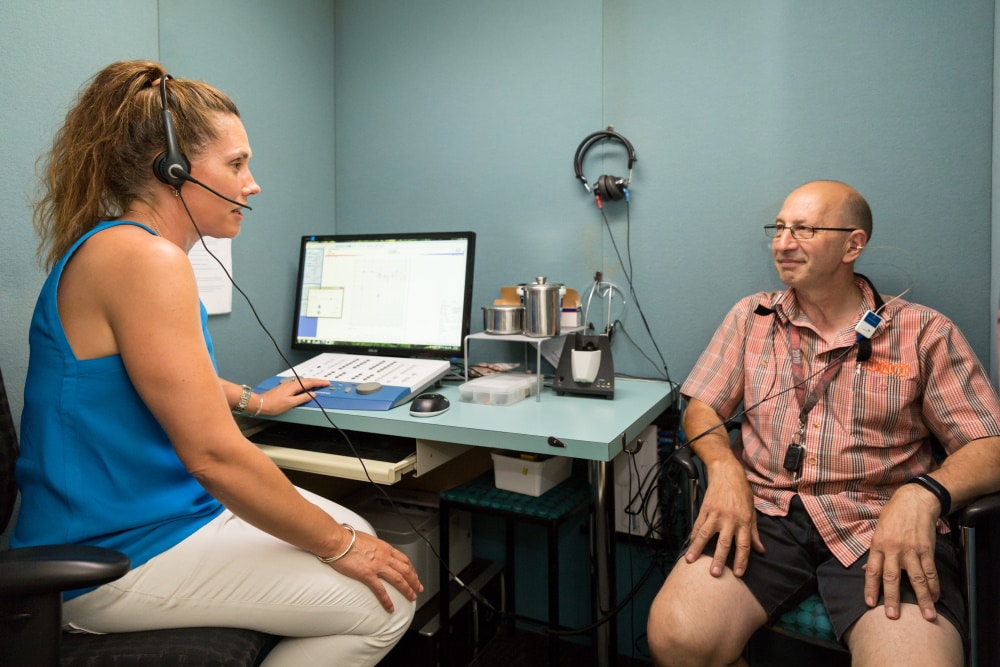
Hearing Tests for Adults
A reduced capacity to communicate has a significant impact on relationships, career opportunities, social connection, independent living and quality of life.
Read More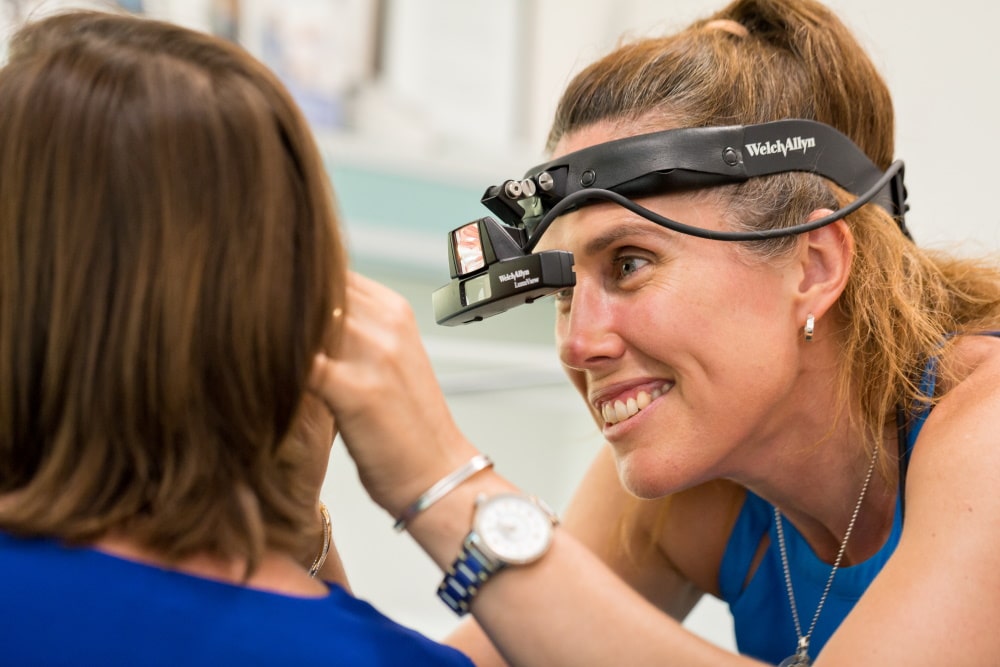
Do I Need A Hearing Aid?
We carry out a range of hearing tests that help determine whether you need a hearing aid.
Read More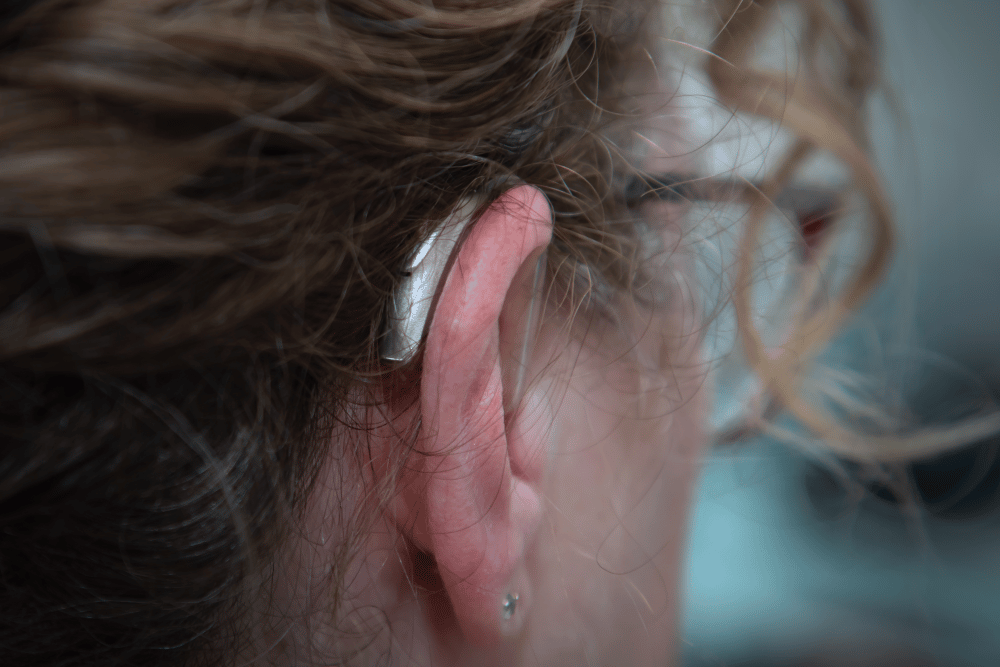
Choosing Hearing Aids
Hearing aids are available in three styles; BTE, RIC or are fully contained in the ear.
Read More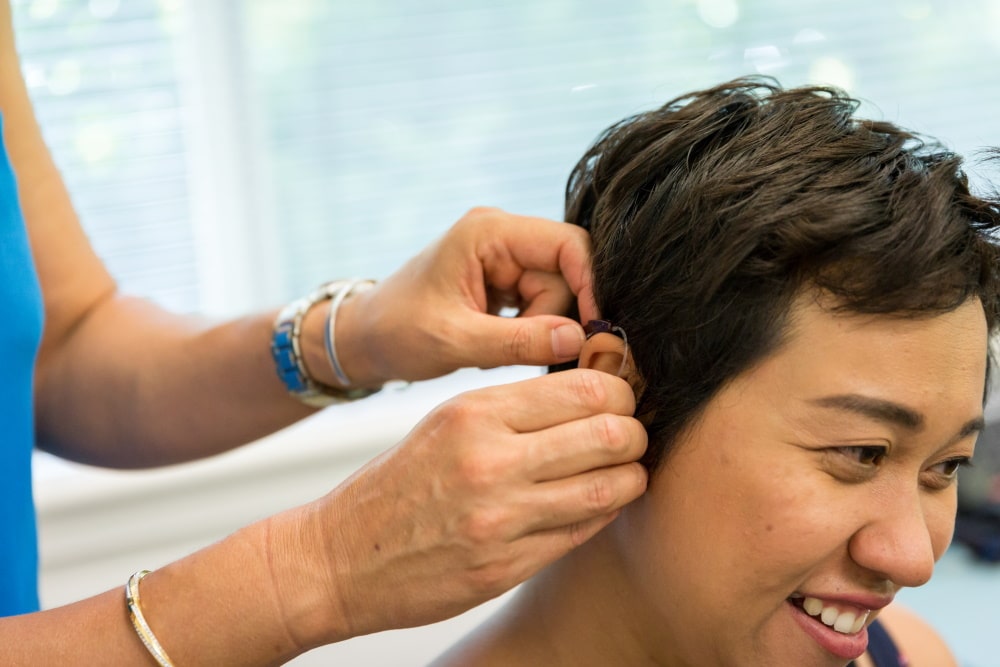
Getting Used To Hearing Aids
With new hearing aids your concept of “normal” hearing will need to be relearnt.
Read More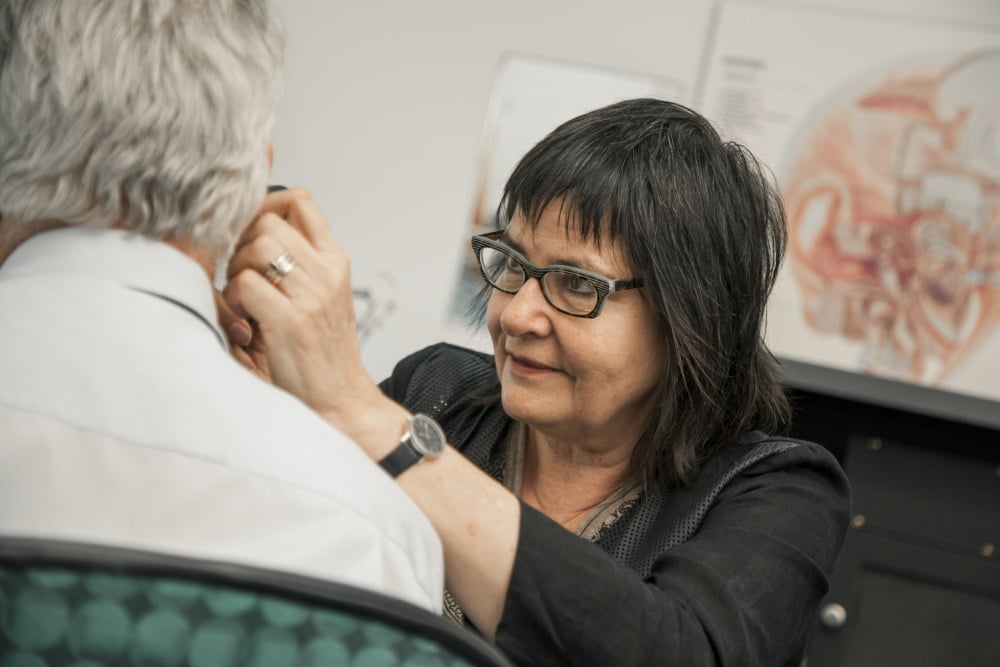
Fine-Tuning Hearing Aids
We have extensive training, experience and expertise in fine-tuning contemporary hearing aids to individual communication needs.
Read More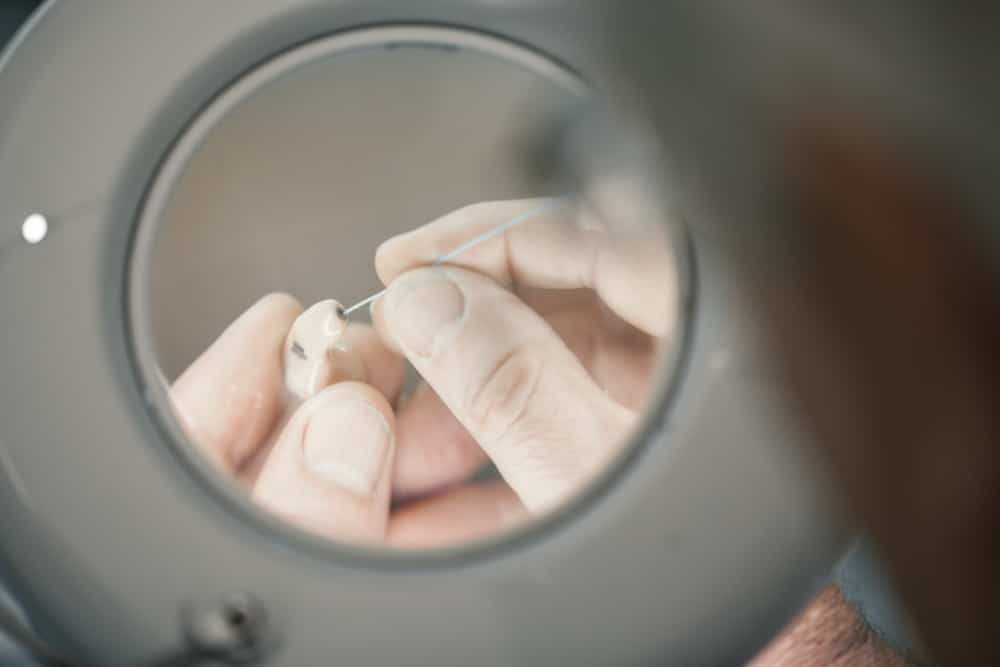
Hearing Aid Maintenance
To minimise the need for repairs and to preserve the life of your hearing aids, regular and thorough maintenance is essential.
Read More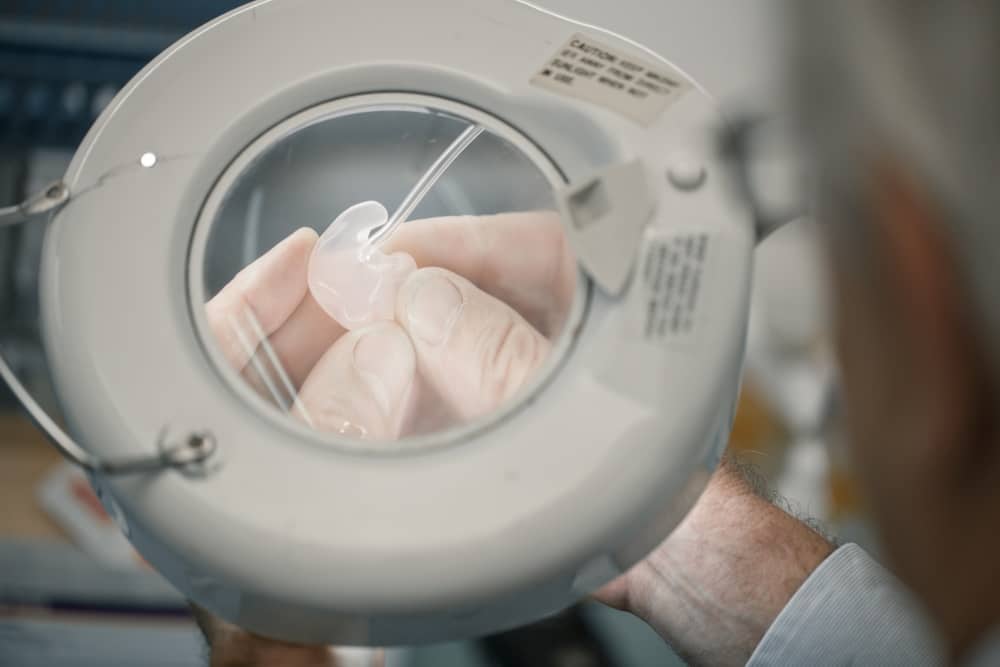
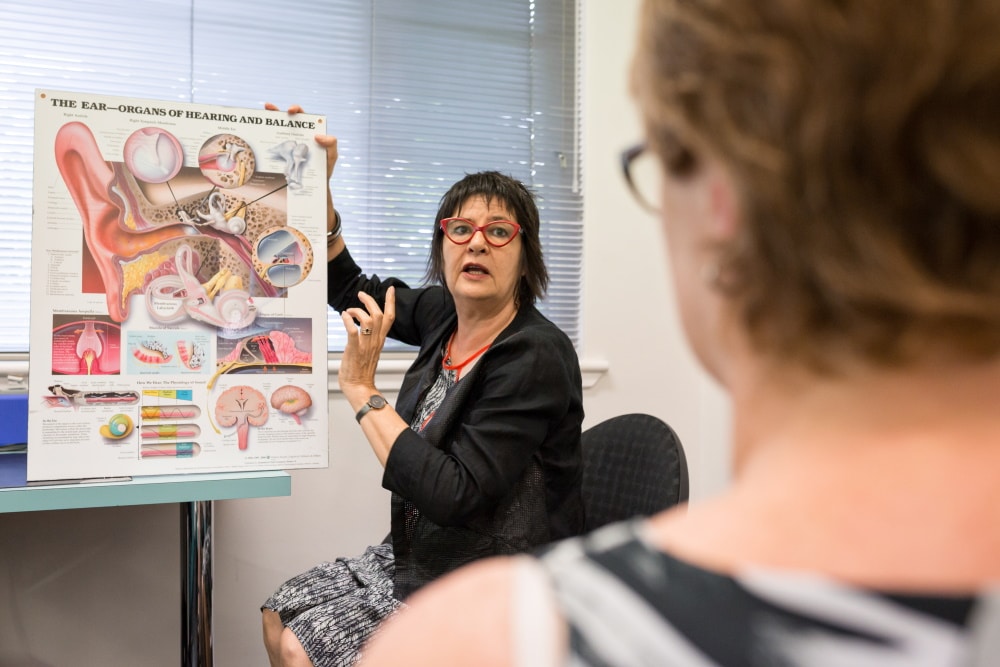
Hyperacusis & Misophonia
Both conditions have the potential to escalate, so that an increasing range of sounds become intolerable.
Read More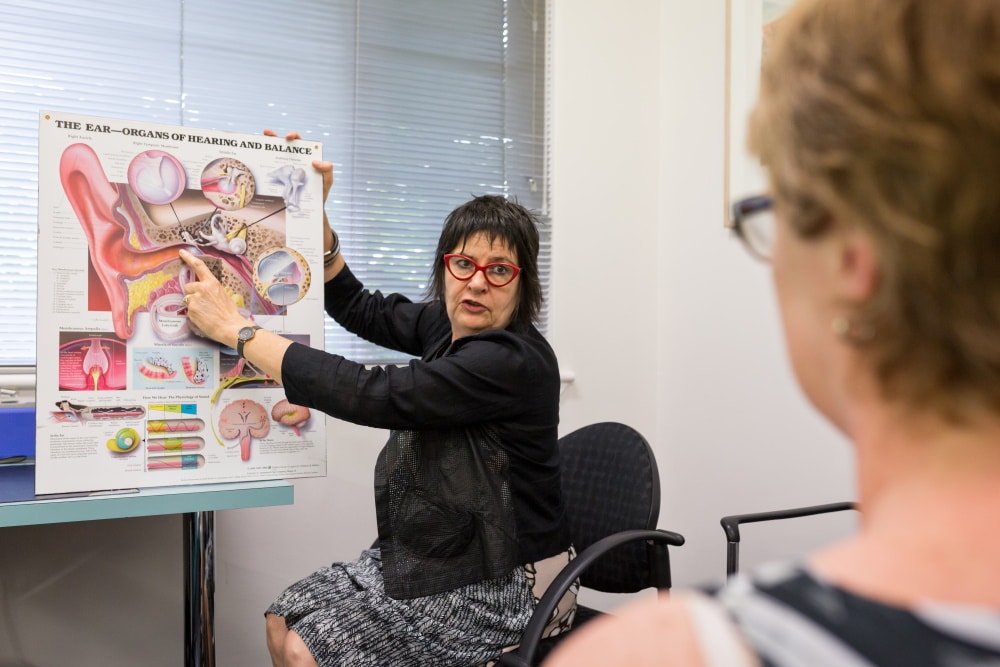

Misophonia
Misophonia is a strongly aversive response or abnormal sensitivity to certain specific sounds
Read More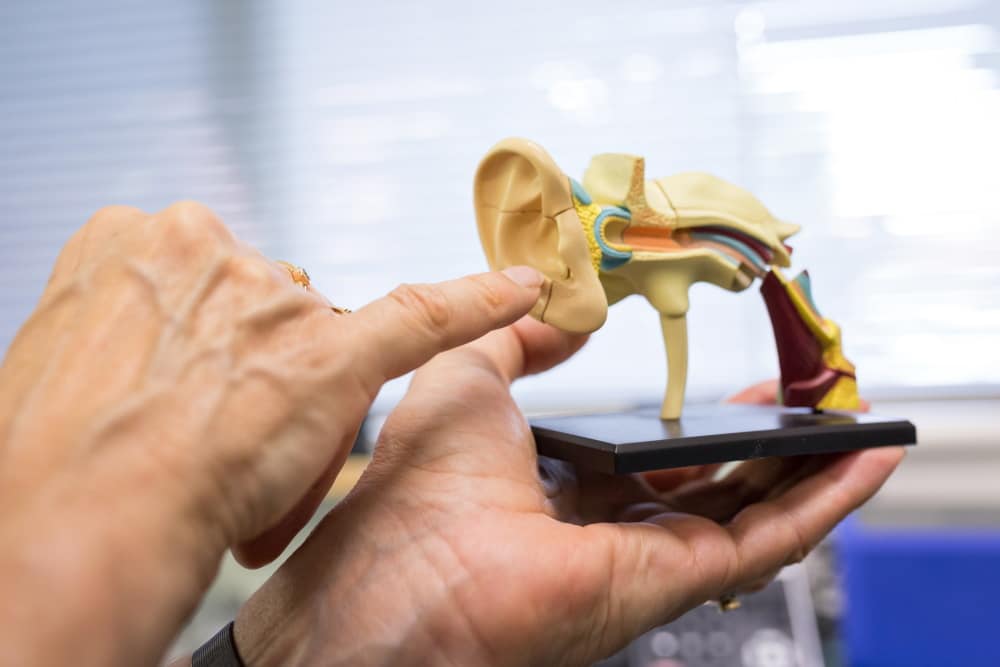
Tinnitus
innitus is the term used to describe hearing any sounds which are not present externally.
Read More
Acoustic Shock
Acoustic shock is an involuntary fright/psychological trauma reaction to sudden, loud noises.
Read More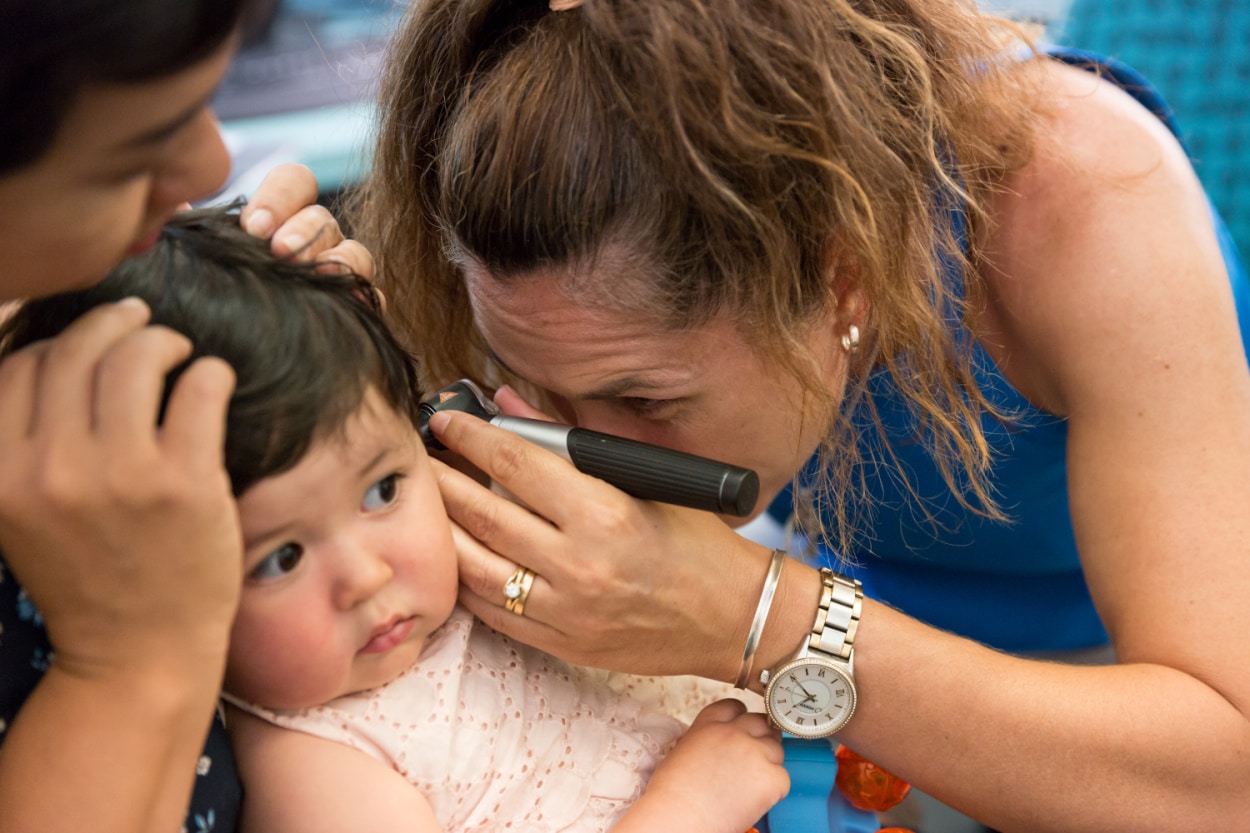
Hearing Tests for Kids
Hearing difficulties in school age children are known to have a significant impact on their social, behavioural and academic growth.
Read More
